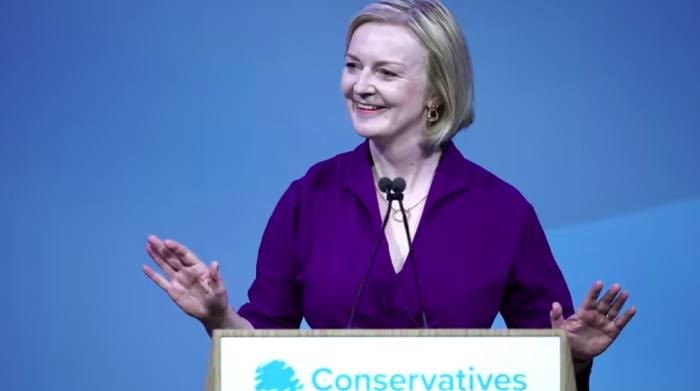
Advisers' views are split on the new prime minister Liz Truss's plans to cut taxes for high earners, with some stating it is welcome at a time when the "economy is on the brink."
Truss’s success was announced at lunchtime today (September 5), with the foreign secretary beating her rival, Rishi Sunak in a ballot of Conservative party members by 81,326 votes to 60,399 — a 57 to 43 per cent victory.
The incoming prime minister has promised a plan within a week to help people deal with the immediate challenge of rising energy costs and pledged to deliver “a bold plan to cut taxes and grow our economy”.
Energy costs have been front of mind for many advisers as they reacted to the new prime minister, with some highlighting the precarious situation small business owners are facing.
Bolton Business Finance’s managing director, Marcus Wright said for many small business owners, Truss’s success likely comes as a relief due to her promises to scrap planned tax rises and other measures to help with energy prices.
“The sensible and cautious approach from Rishi has lost to the populist approach by Liz Truss of tax cuts and handouts. Only time will tell which was the right approach but for the time being any short term help to SMEs will be very welcome as the economy is on the brink,” Wright said.
AJ Bell’s head of retirement policy, Tom Selby pointed out that Truss’s pledges have lacked detail on how they will be funded.
“Truss’ package of measures are anticipated to cost more than £30bn, according to the Institute for Fiscal Studies, although there is some uncertainty around this given the former foreign secretary has been studiously non-specific with some of her proposals,” Selby said.
In Selby’s view, the big question now will be whether Truss sticks to her plan not to offer additional direct targeted help to the poorest households ahead of the increase in the energy price cap.
“She clearly felt that tax cuts would appeal more to Conservative party members, but in reality they will do little for those on the lowest incomes who most need support. Given a general election is only a couple of years away, it would be no surprise to see a screeching U-turn now she has the keys to No.10.”
During the leadership campaign Truss also made suggestions of a tax break for married couples.
It's been suggested that her plans would extend the marriage allowance, which benefits couples where one does not work, or earns very little, and the other is a basic-rate taxpayer.
Currently the allowance means that someone not using their tax-free personal allowance can transfer some of it to their partner, but the suggestion is that this could be extended so the entire £12,570 allowance could be transferred, saving couples up to £2,514 a year.
AJ Bell’s head of personal finance, Laura Suter described the plans as feeling “like a policy more suited to the 1950s than modern day Britain.”





